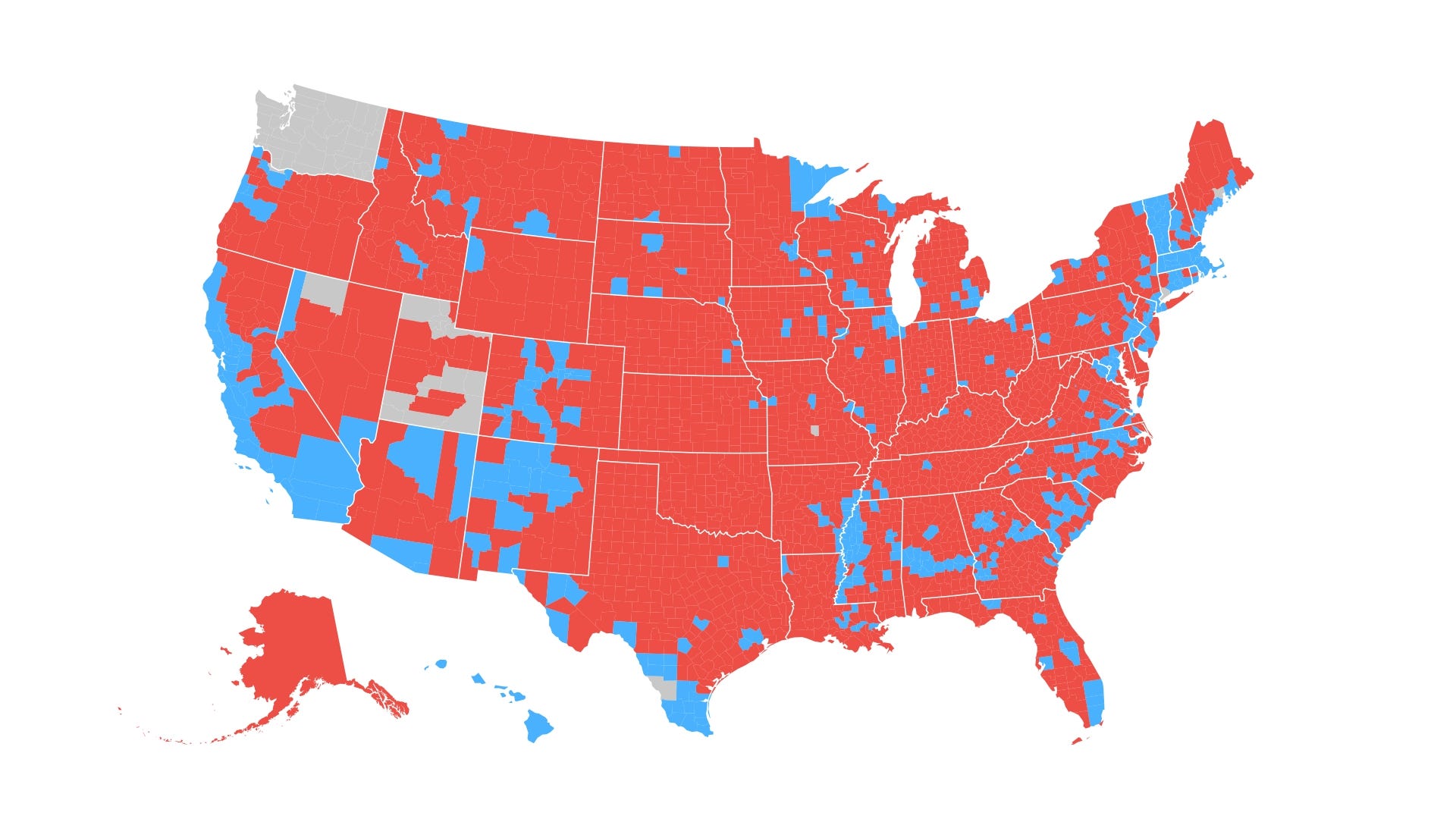Really? You want people to vote for Biden and Pelosi? Talk about voting against your own economic interests.
As far as Wall Street financiers, they prefer Democrats:
https://www.cnbc.com/2020/10/28/wall-street-spends-74-million-to-support-joe-biden.html
Pretty sure they wouldn't have been so keen on Bernie, but the DNC rigged the primary.
CBS just did a piece on the medical debt crisis:
https://www.cbsnews.com/news/health-care-debt-40-percent-us-adults/
The Democrats' answer is force people to buy Big Insurance's crappy product and they'll do the right thing. They had a reception earlier this year to celebrate the current failed system. Brandon has pledged to veto Medicare For All if it ever reaches his desk. Not that it will as long as Pelosi is Speaker.
Obama 2008 was the high water mark for Democrats and that was when he promised hope and change. If he'd delivered instead of pulling a bait and switch, we'd be having a very different thread. There never would have been a lane for Trump. Trump himself once admitted, when he didn't know a live mic was nearby, that he wouldn't have beaten Bernie.



